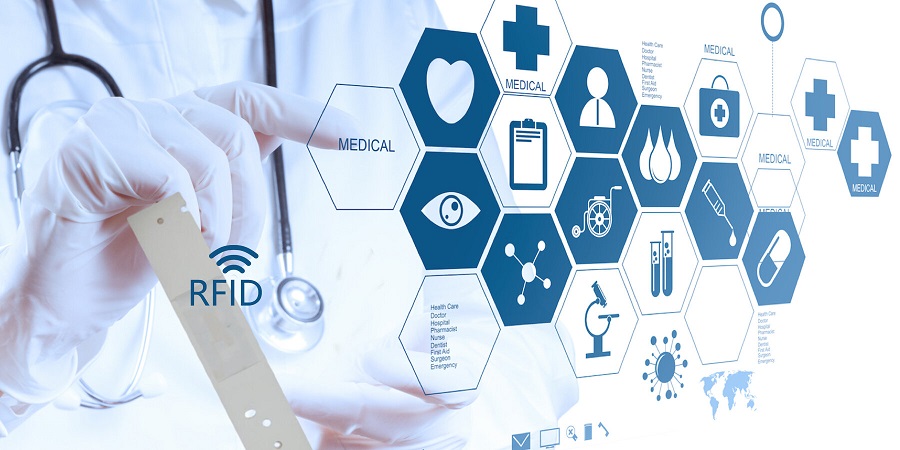THE healthcare industry has experienced dramatic changes over the years and will continue to do so.
The COVID-19 pandemic has further increased its demand on modern healthcare systems, its resilience and its ability to bring innovations quickly.
However, there is also a growing concern about adapting to technology development while achieving seamless and quality healthcare experience that is secure.
According to IBM’s annual Cost of a Data Breach 2021 report, global healthcare organisations experienced the highest average cost of a data breach of close to RM27 mil (US$6.5 mil).
The rise of digital healthcare will undoubtedly increase the risk of data breach and more scrutiny over data encryption and storage.
The acceleration of digital transformation in the healthcare industry has also caught the attention of both the public and private sectors in Malaysia.
Hence, Malaysia Digital Economy Corporation (MDEC) announced its “Digital Investments Future (DIF5) Strategy”, a five-year plan focusing on five key thrusts to advance Malaysia’s digital economy in line with the Malaysia Digital Economy Blueprint (MyDIGITAL).
Healthtech is one of the key sectors that has also been identified as the national priority sector.
Years ago, hospitals took good care of patients by providing the best quality medical care they could. Today, they’re tasked with that and much more.
Hospitals and healthcare systems are juggling between patient and security provider, increasingly stringent regulations and the challenge of offering a positive and seamless patient experience.
The constant need to reduce cost and increase efficiency adds even more complexity.
Forward-thinking healthcare organisations are using single sign on (SSO) in a variety of applications, most often leveraging on their hospital-issued photo ID badge as their single access credential.
Healthcare providers such as doctors, nurses and other staff simply tap their badge to a contactless reader, and they are in the system.
These challenges are why many hospitals and healthcare providers are turning to radio-frequency identification (RFID) technology to identify and secure their people, places and things.
The ease of use and existing infrastructure utilisation which positions RFID-powered SSO as being popular in healthcare is because of its many benefits. Among them are:
Fast, efficient care
Standard login processes often have many steps. While extra-strong security is important, it doesn’t have to be a burden.
An RFID-enabled ID doesn’t require providers to remember complicated passwords or carry multiple credentials; it’s just one ID that accesses many systems, from the front door to patient records.
If needed, organisations can require a second credential for multi-factor authentication (MFA) in highly secure areas.
SSO via RFID authentication also improves IT efficiency. IT teams spend an inordinate amount of time retrieving and resetting passwords, especially when they have to be changed often.
Better security for sensitive data
RFID readers can be set up to sense when a logged-in staff member moves away from a workstation and automatically signs them out.
This prevents another person from jumping onto the station and accessing the multitudes of confidential information stored there.
These RFID-enabled credentials also provide proof-of-presence, giving administrators insight into security events with an indisputable audit trail.
This transparency means less duplicity – who did what, where and when is immediately apparent, so sensitive information remains secure.
The same credential used to access workstations can also be used to secure print, prevent confidential information from sitting on the printer and potentially falling into the wrong hands.
Coordinated care
RFID badges power a connected data system, encouraging the use of electronic records available for every authorised user, wherever they may be.
Providers have 24/7 access to patient data from all sources, including primary care doctors, medical devices and even pharmacies.
This up-to-date patient information helps inform clinical decisions and provides a holistic picture of patients’ conditions and needs.
RFID badges also allow providers to access hospital places. They also function as the keys used to unlock computer systems and digital data, and the identities can be used in the log-trails to document sensitive changes. – Dec 8, 2021
Rocky Chow is the Head of Sales for Asia Pacific for Extended Access Technologies Business Area of HID Global.
The views expressed are solely of the author and do not necessarily reflect those of Focus Malaysia.










